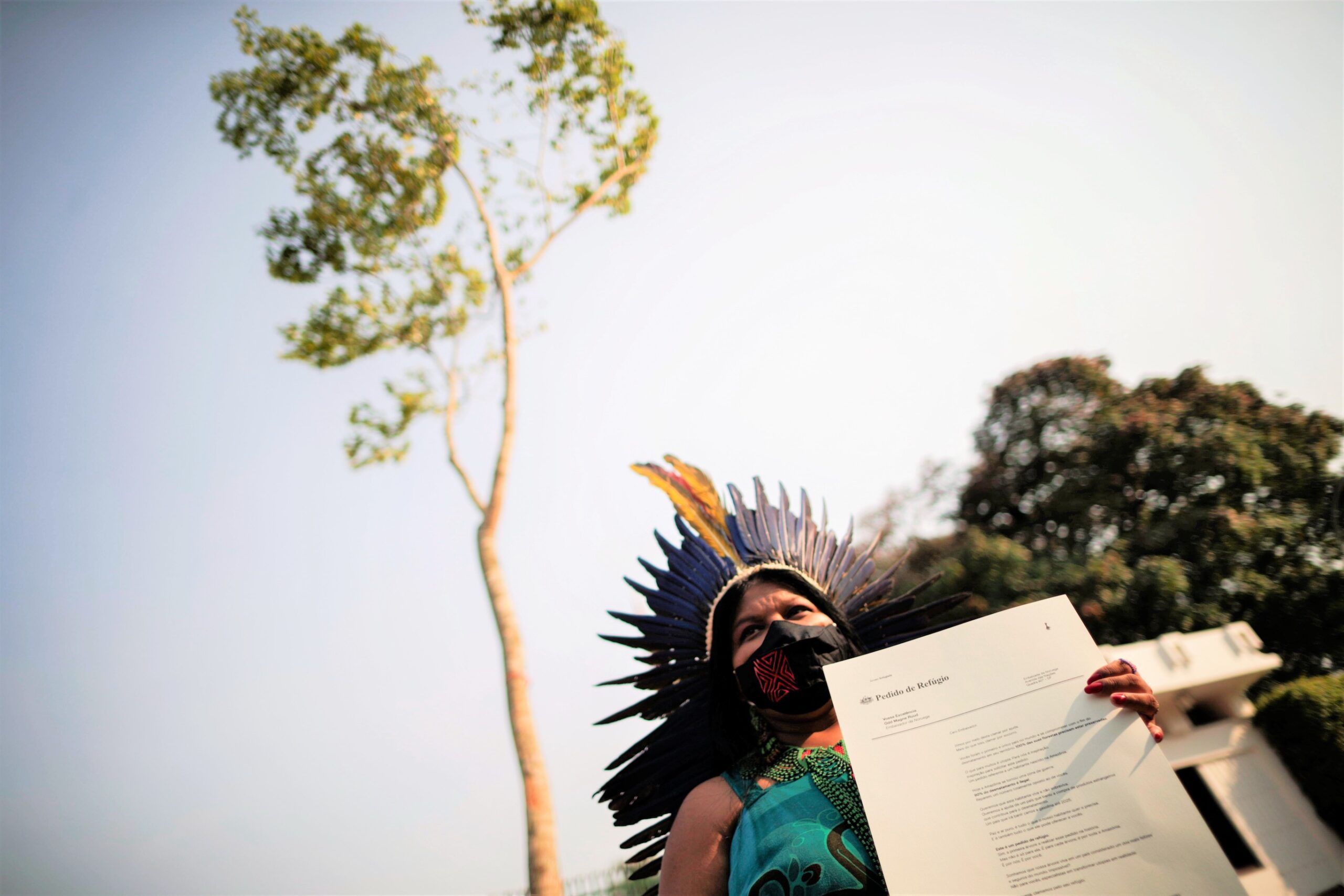Seema Haider, a Pakistani citizen, has recently been at the center of a controversial case that raises concerns about potential human rights violations committed by the Indian police. Seema, who legally entered India to be with her husband, has been accused by the Indian police of espionage and illegal entry. However, it is important to examine the facts and circumstances surrounding this case to assess whether her human rights have been violated.
According to official statements from the Uttar Pradesh Anti-Terror Squad (UP ATS) and the Uttar Pradesh Director General of Police (DGP) office, Seema Haider was questioned for two days. The police claim to have recovered several passports, an identity card, mobile phones, and video cassettes from her possession. An investigation is said to be ongoing regarding these documents and items. The police have also indicated that necessary legal action is being taken regarding Seema’s alleged illegal entry into India.
However, it is crucial to ensure that the investigation and legal actions against Seema are conducted in a manner that upholds her human rights. Every individual, regardless of their nationality or immigration status, is entitled to fair treatment and due process under the law. It is important to assess whether the actions of the Indian police in this case align with these principles.
One concerning aspect is the mention of an espionage angle in the investigation. Accusing someone of being a spy without concrete evidence can have severe implications on an individual’s reputation and rights. It is essential to follow proper procedures and respect the presumption of innocence until proven guilty.
Furthermore, it is crucial to consider Seema’s right to family unity and the impact of separating her from her husband. International human rights standards recognize the importance of protecting and preserving family relationships. Any actions taken against Seema should be proportionate and consider the potential harm caused by separating her from her spouse.
It is also important to scrutinize the conditions under which Seema entered India. If she indeed entered legally, as mentioned, then her right to freedom of movement should be respected. Governments have an obligation to facilitate family reunification and not impede it unjustly.
Given the available information, it is recommended that an impartial and thorough investigation be conducted to determine whether any human rights violations have occurred during the handling of this case. It is essential that the legal proceedings adhere to international human rights standards, ensuring fair treatment, due process, and protection of Seema Haider’s rights.
In conclusion, the case of Seema Haider raises concerns about potential human rights violations, including the presumption of innocence, family unity, and the right to fair treatment. It is crucial for the authorities involved to conduct a transparent and unbiased investigation while upholding the fundamental human rights of all individuals involved.






